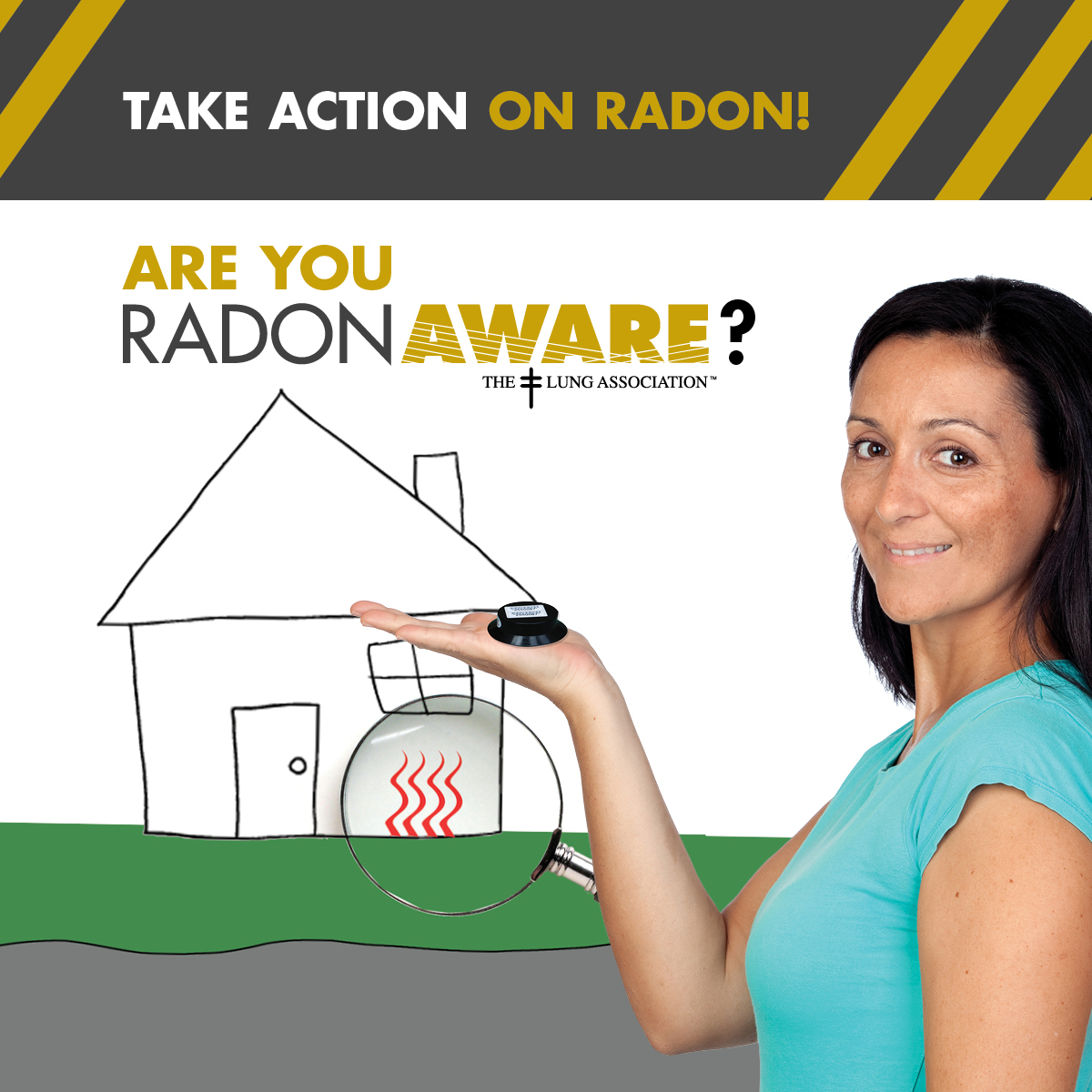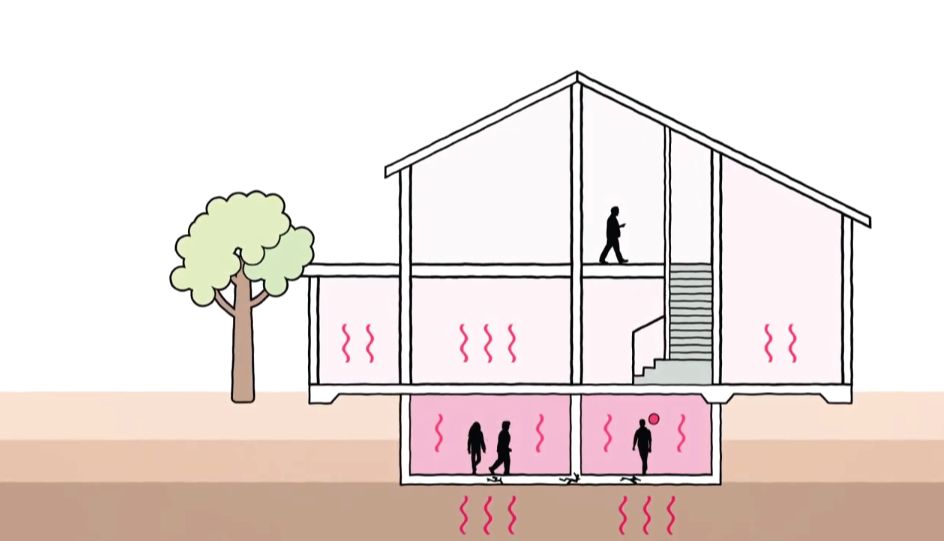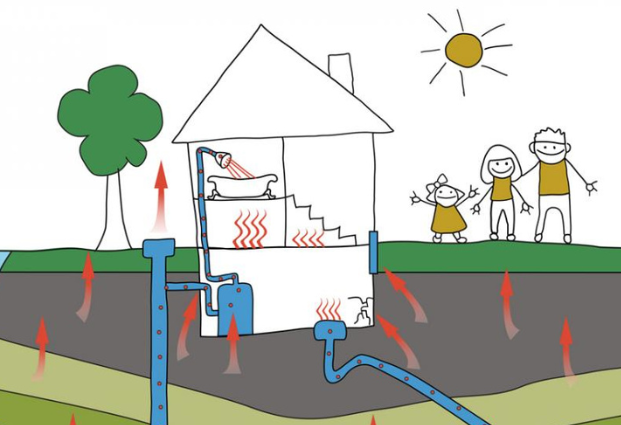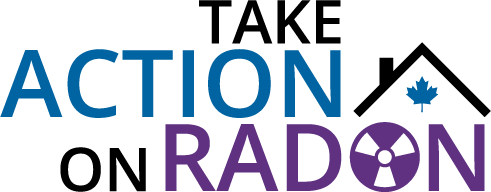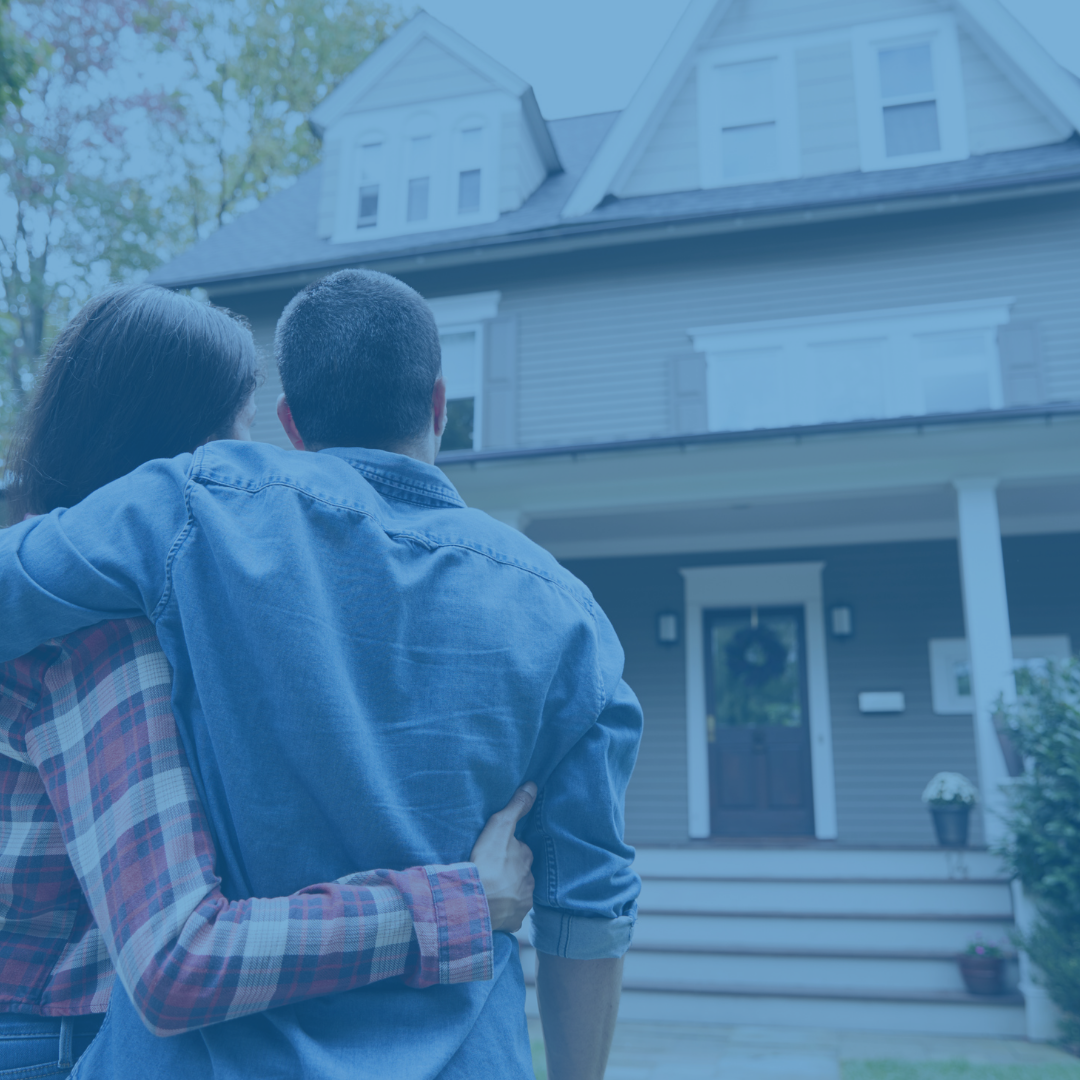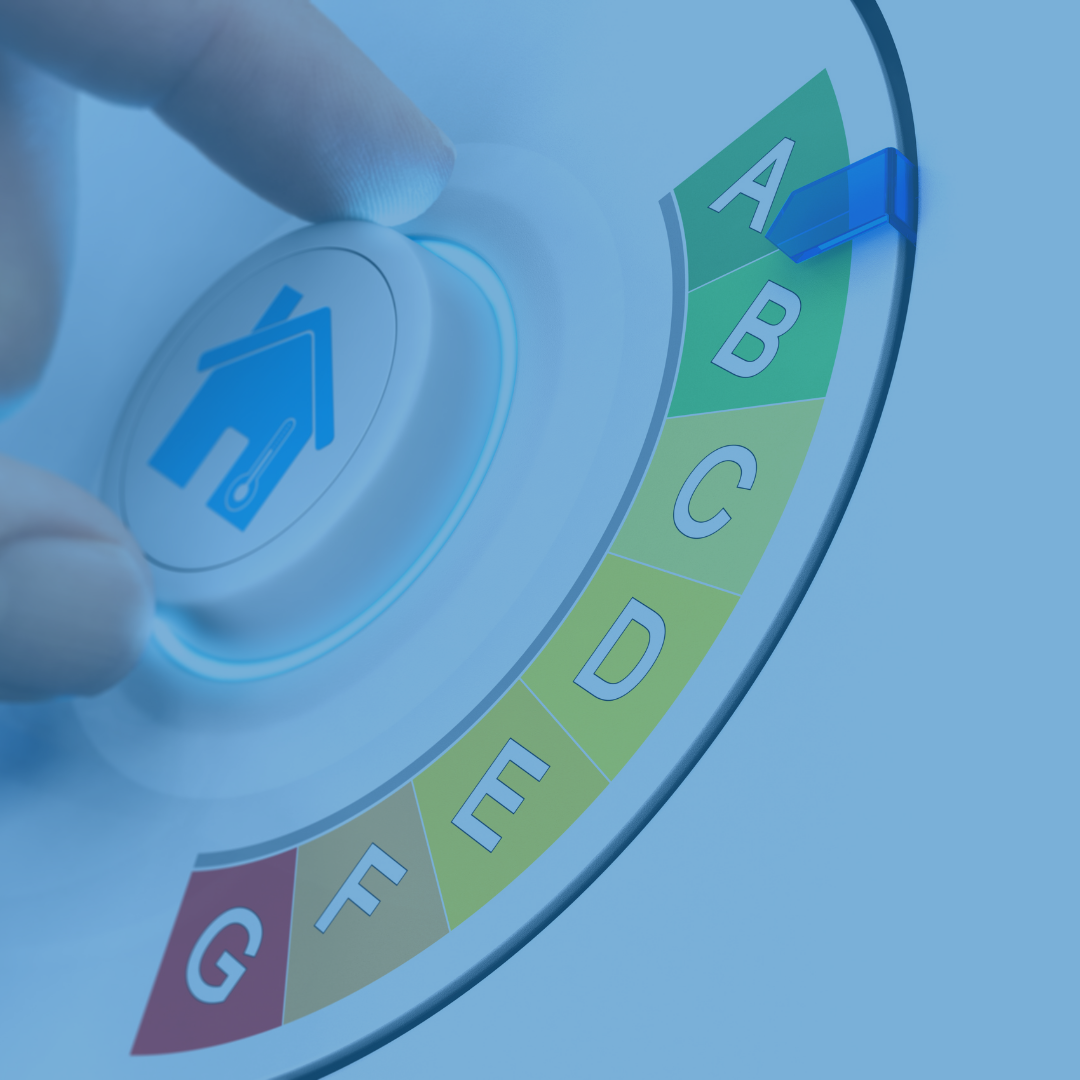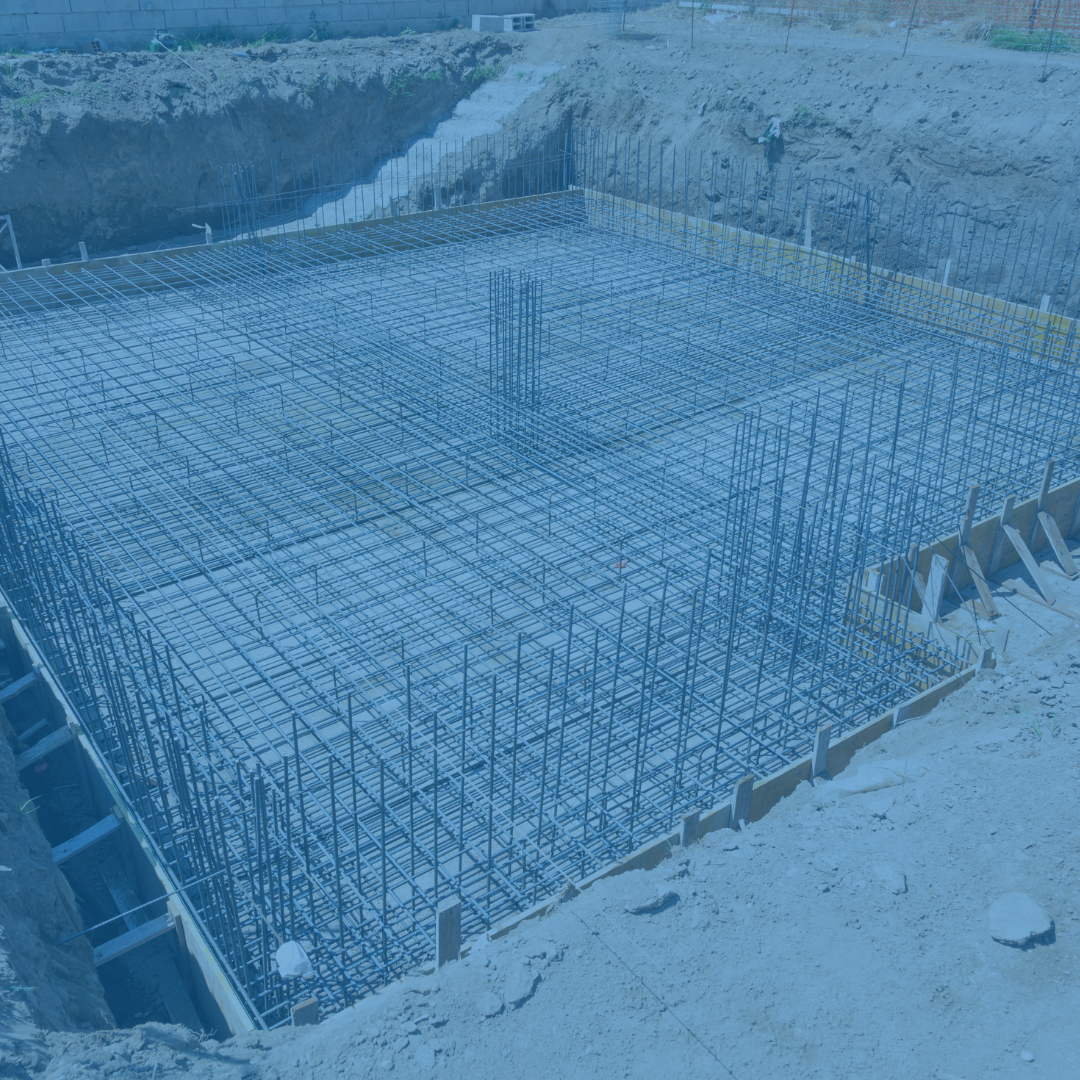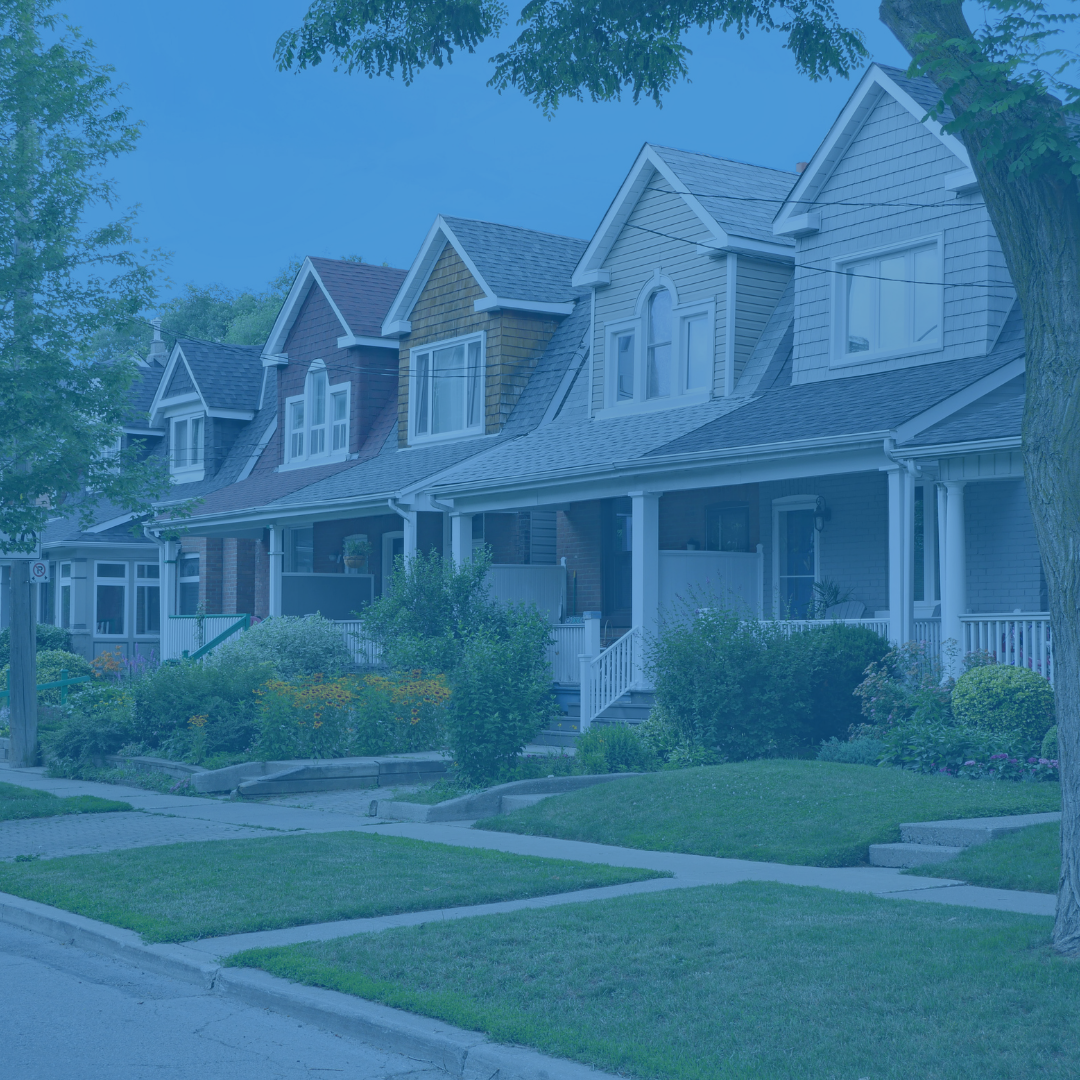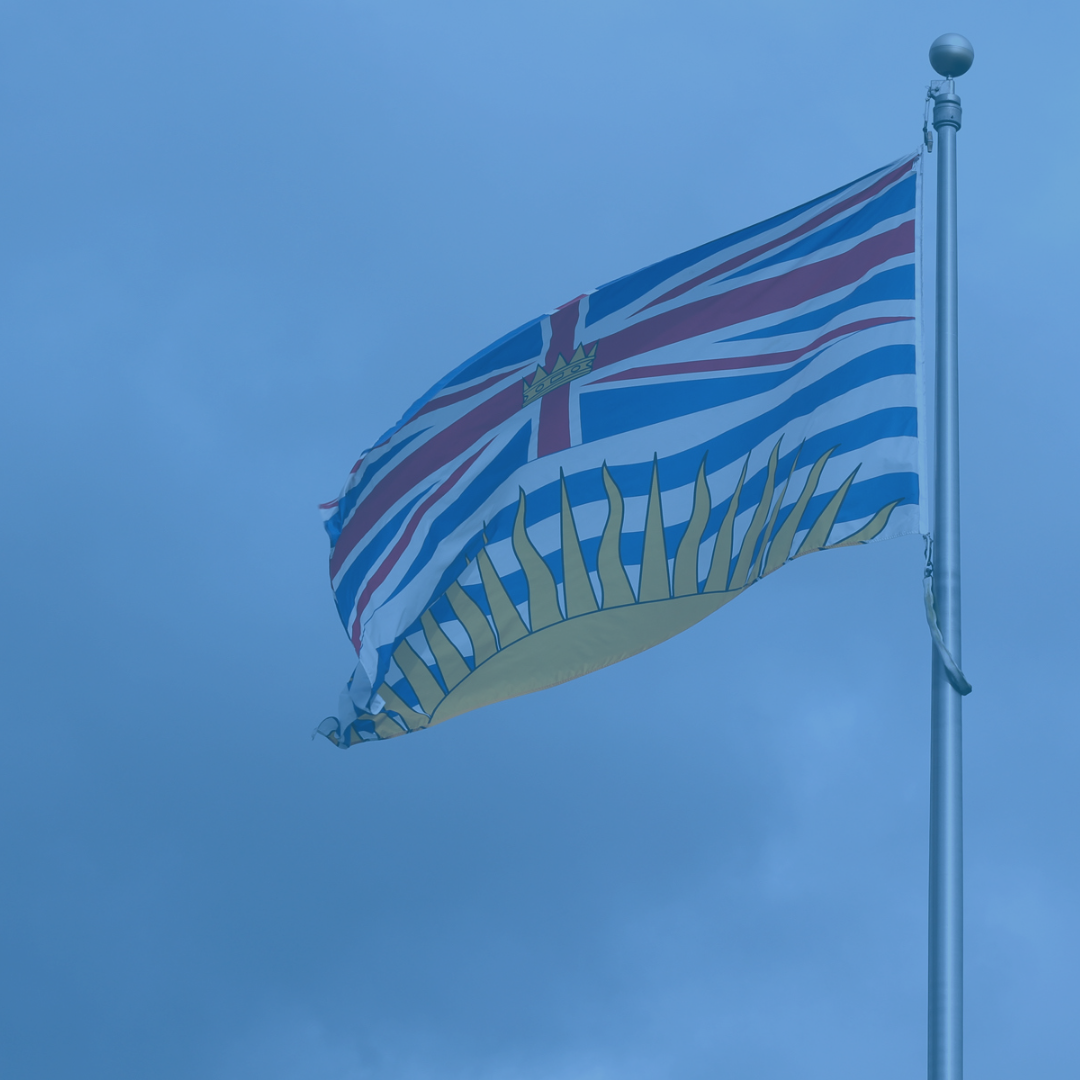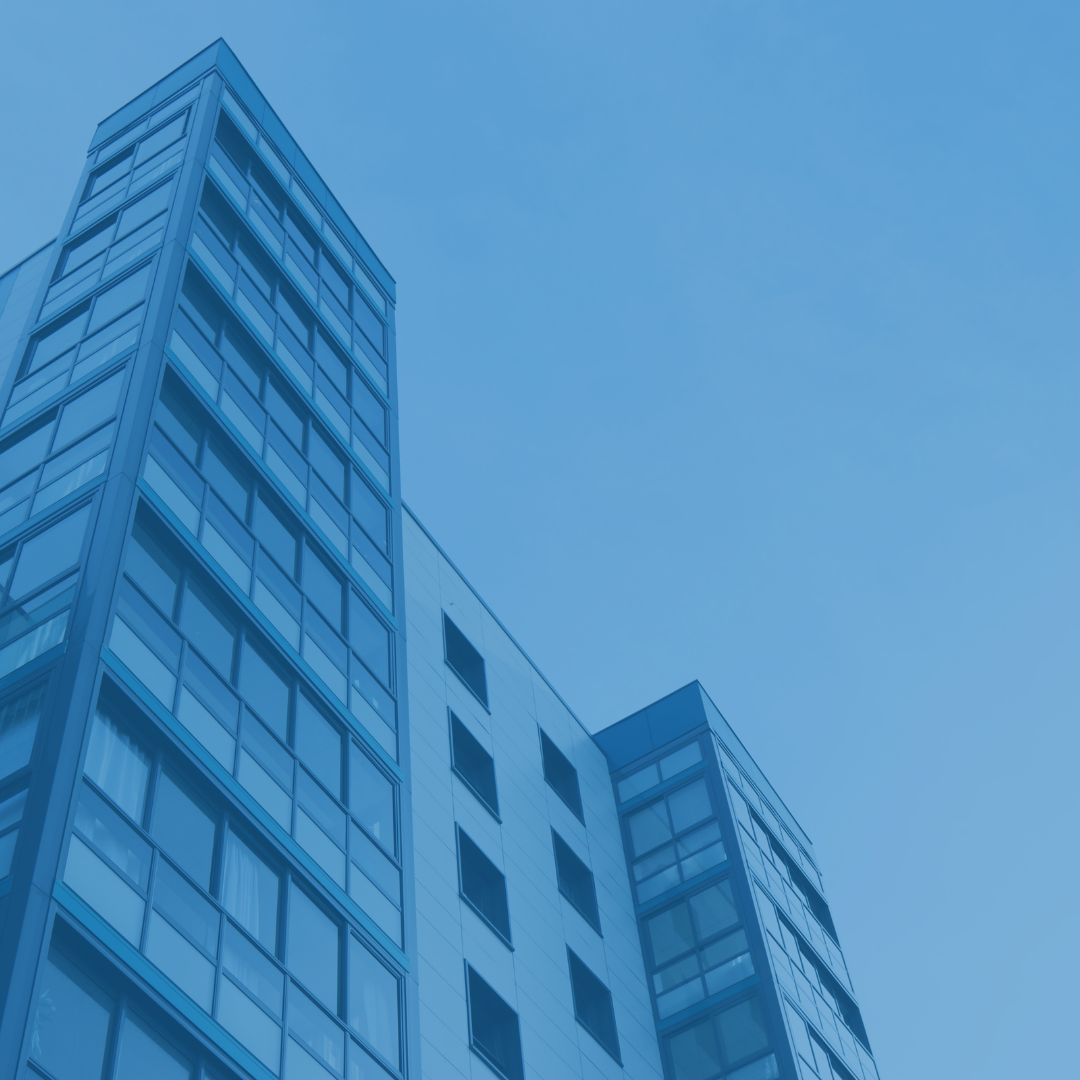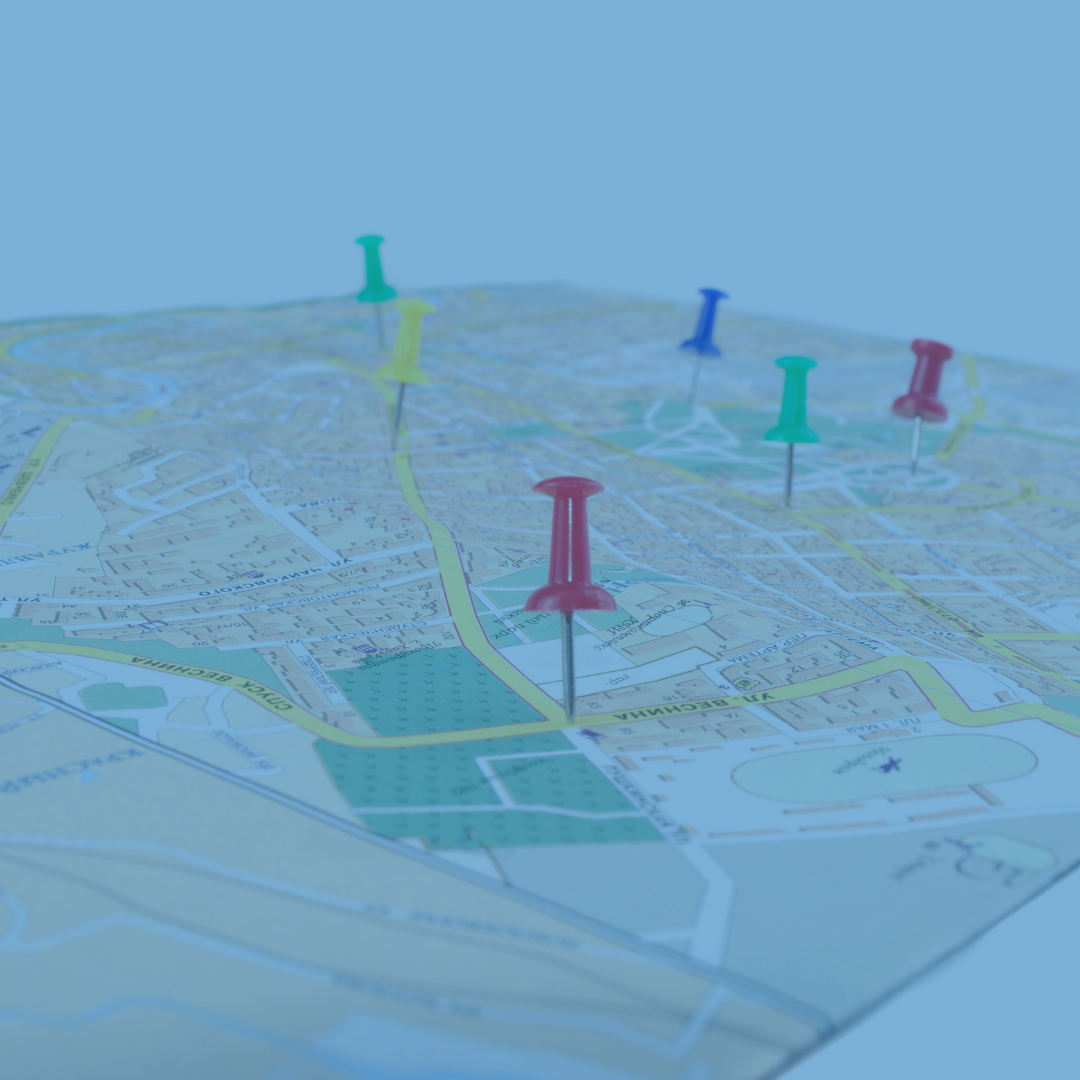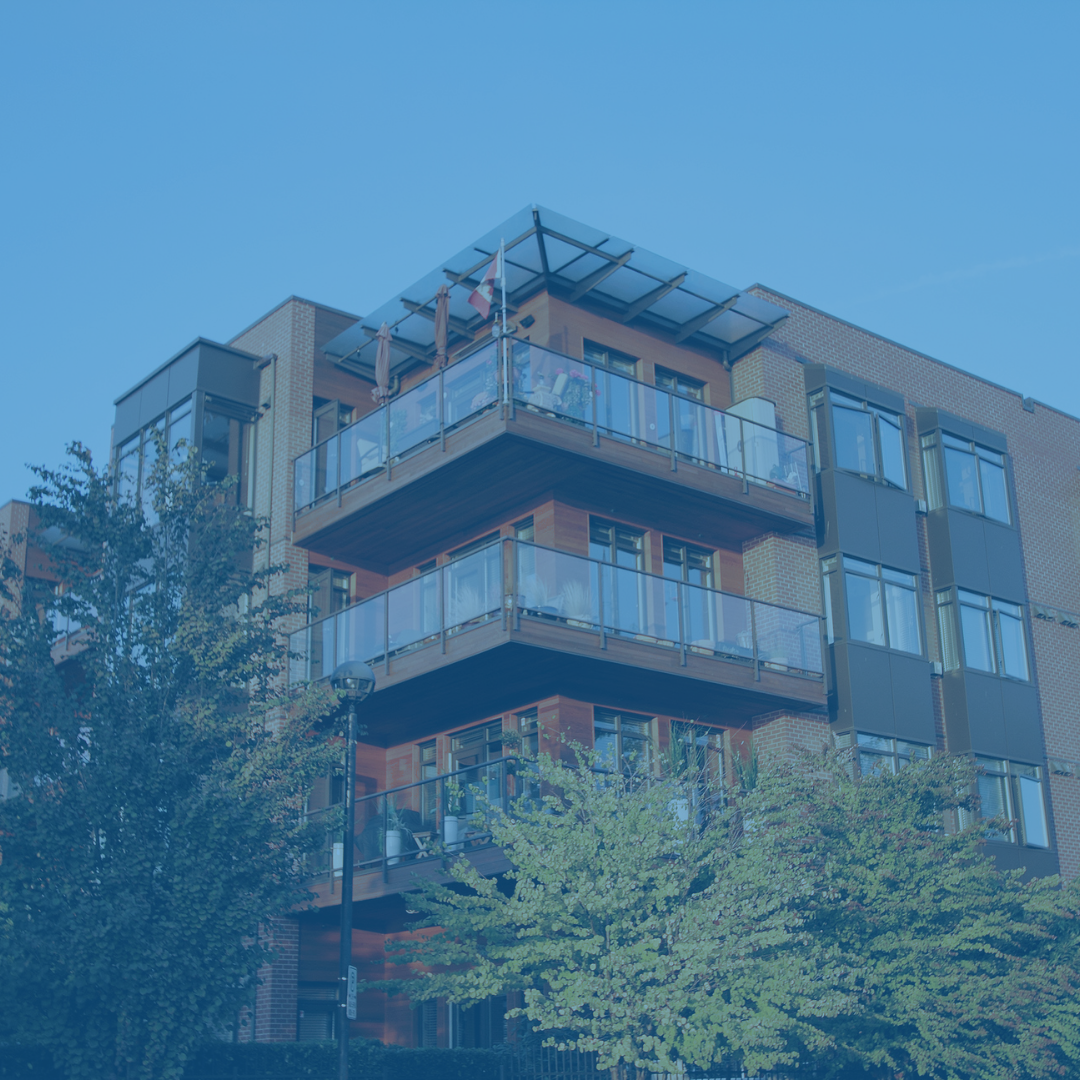Radon
Radon is a colourless, odourless, and tasteless radioactive gas that is naturally occurring in soils, but can accumulate in homes, workplaces and other buildings. It is the leading cause of lung cancer in Canada after smoking.

Radon is the #1 cause of lung cancer in non-smokers.
Radon is a radioactive gas that comes from the ground and is found in every home, though not always at elevated levels. Since Canadian homes are sealed against the weather, radon levels inside our homes can build up to levels that Health Canada considers to be dangerous. Over time, exposure to elevated levels of radon can cause lung cancer. In fact, radon is the leading cause of lung cancer in non-smokers, causing over 3,200 Canadian deaths each year.
Health and science information on radon is available from Take Action on Radon and from Health Canada. Here is an excellent video on radon from the National Collaborating Centre for Environmental Health.
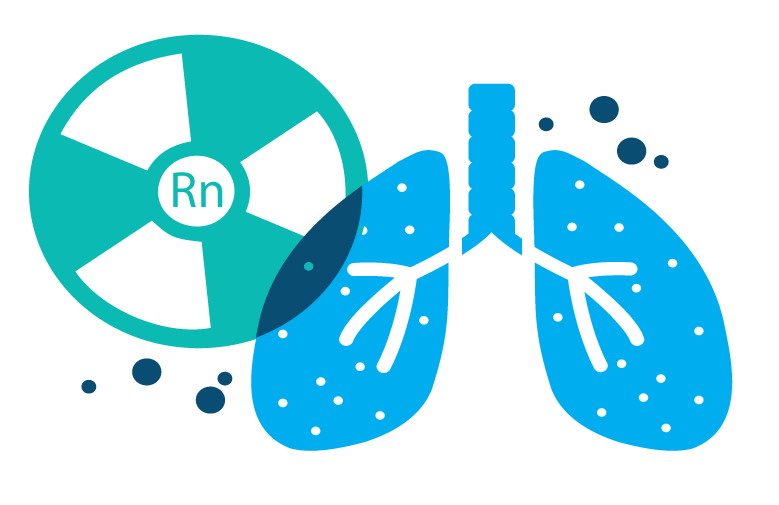
Testing Your Home
Radon levels vary by location and building design. The British Columbia Radon Map can help you find radon data for your community. Every home and workplace is different and the best way to know radon levels is to test.
Long-Term Radon Testing
If this is your first time testing for radon, we recommended that you conduct a long-term test. This test provides the most accurate picture of average radon levels and should be used to determine if mitigation is required. It is also the least expensive option. The device is called Radtrak3 Alpha Track Detector on the webstore. Click below to purchase a radon test kit.
Short-Term Radon Testing
A short-term test can be very helpful for those eager to find out if a potential radon problem exists. Possible situations include real estate transactions, building inspections, health facilities, commercial workspaces, after new home construction, and for homeowners living in regions where radon levels are known to be elevated. We recommend that a short-term test always be followed-up with a long-term test.
Interested in consumer-grade electronic radon monitors? Check out the C-NRPP comparison report here.

Annual Radon Workshop
BC Lung hosts a Annual Radon Workshop every November mobilizing stakeholders and researchers on radon, the leading cause of lung cancer after smoking. This year’s Radon Workshop offered an opportunity to hear about new initiatives and the latest science. We had speakers from the BC Centre for Disease Control, the BC Cancer Agency, and others.
Radon Community Testing
Have you tested for radon?
The BC Lung Foundation has contributed to Take Action on Radon’s 100 Test Kit Challenge since 2020. This program works with participating local governments to distribute radon test kits to citizens for free.
To learn if your community needs better radon sample testing, read our report Radon in BC: Does Your Community Need to Test?
We post community reports on this page, but you can also find them at the 100 Test Kit Challenge website.
In Fall 2024 we funded test kit distributions in: Atlin, Kaslo, Nakusp, Oliver, Rock Creek, Rossland, and the Strathcona Regional District. Kits have now been distributed, and test results will be posted as they come available.
For the 2023 to 2024 testing season reports are now up for:
• Fort St James, BC Community Report
• Invermere, BC Community Report
• Keremeos, BC Community Report
• Vanderhoof, BC Community Report
The following Community Reports will be published soon:
• Lillooet, BC
• Radium Hot Springs, BC
• Enderby, BC
For previous years, reports are available for:
Chilliwack, BC Community Report – June 2024
Cultus Lake, BC Community Report – August 2024
Harrison and Kent, BC Community Report
Hope, BC Community Report
Kelowna, BC Community Report
Kimberley, BC Community Report
Lake Country, BC Community Report
Lumby, BC Community Report
Mission, BC Community Report
Peachland, BC Community Report
Sidney, BC Community Report
Victoria, BC Community Report
Saltspring Island, BC Community Report
West Kelowna, BC Community Report
Westbank, BC Community Report
Please contact us for inquiries about this program at info@bclung.ca
Funding for this project has been made possible by the Vancouver Foundation.

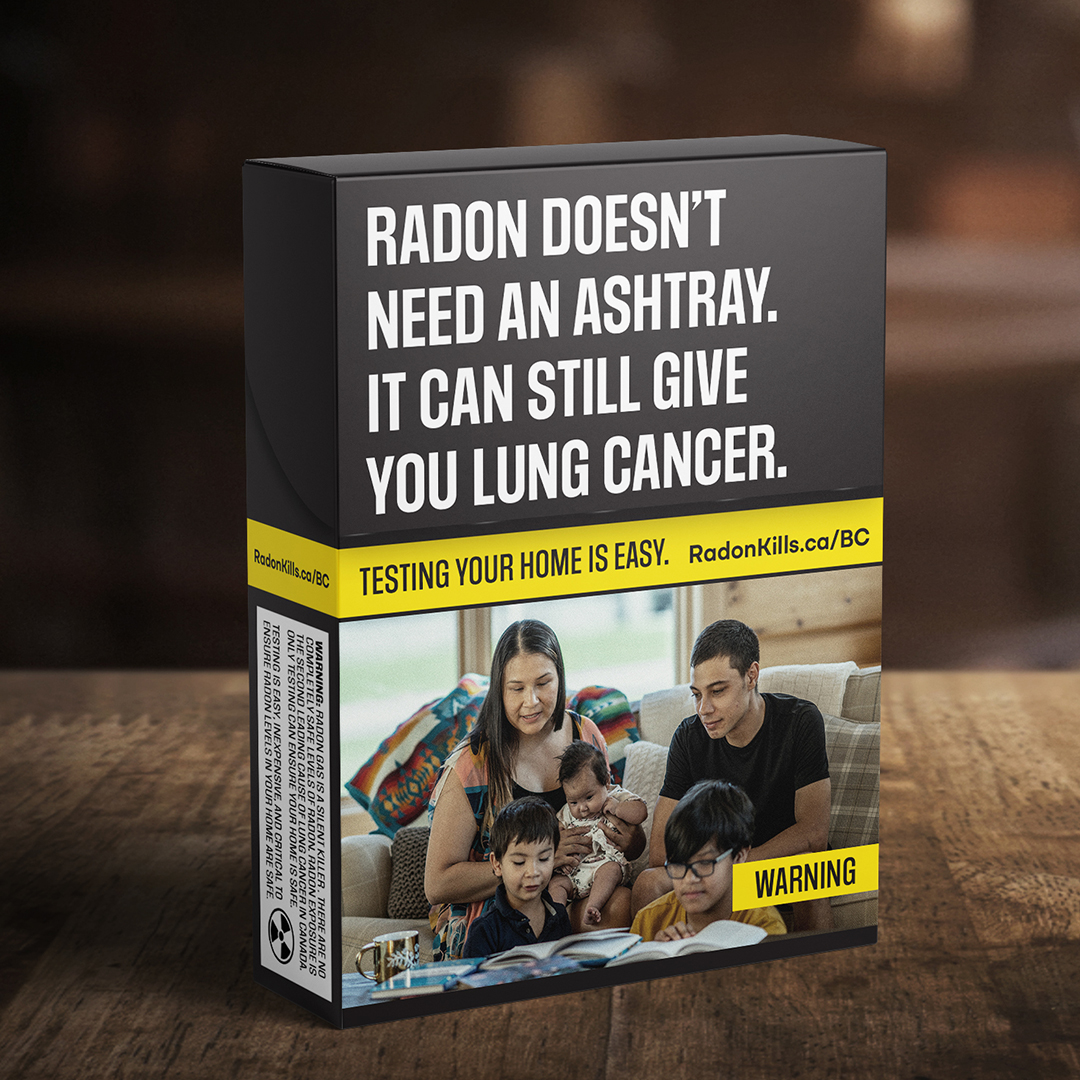
Testing your home is easy!
BC Lung Foundation, BC Real Estate Association (BCREA), and the Real Estate Foundation of BC encourage all British Columbians to educate themselves and test for radon. Check out RadonKills.ca/BC for more information and to buy a test kit.
Recommendations for BC Radon Action
We need concrete action to address radon in our homes, workplaces, and schools. In this report, we recommend specific steps that, when taken together, can make up a bold plan.
Many different laws and regulations cover the indoor environment, from Building Codes to occupational health and safety regulation to residential tenancies law and more. Addressing radon requires a proactive and integrated approach. Radon Action Plans are a standard part of environmental and health governance in European countries and the United Kingdom and recommended by Health Canada.
Questions? Contact info@bclung.ca or call 604-731-5864.
This work was generously supported by the Real Estate Foundation of BC, the Law Foundation of BC and the Vancouver Foundation.

RadonAware
RadonAware studied radon prevention systems and recommended changes to the BC Building Code. We ran RadonAware from 2014 to 2019. Here are the outputs from that project.
For new radon projects see our Healthy Environments Program radon projects.
